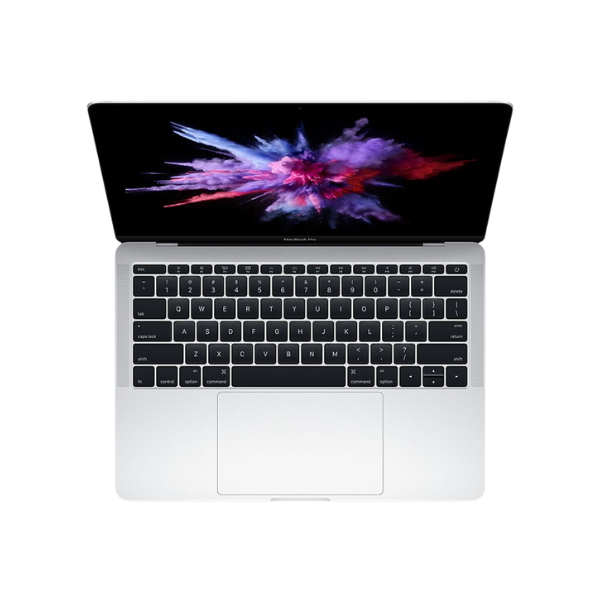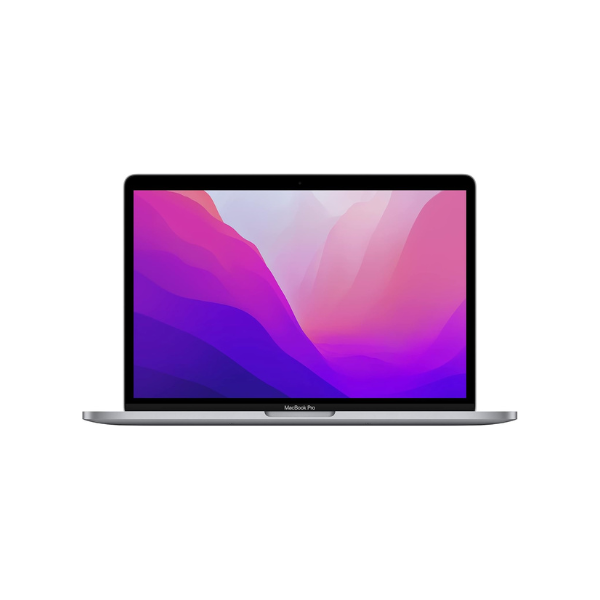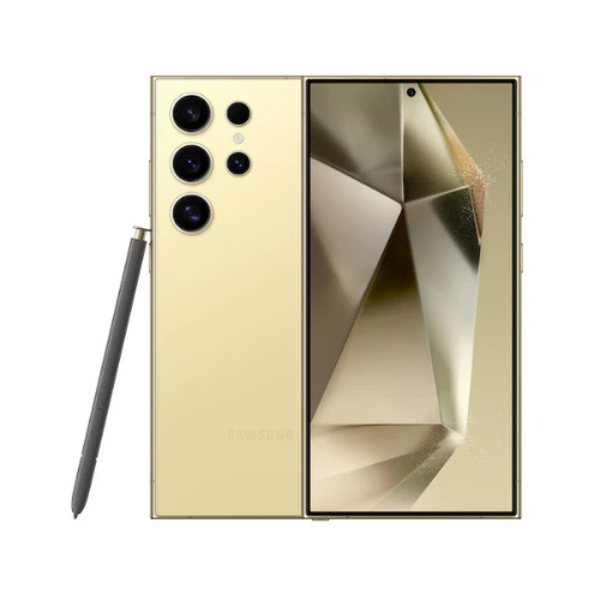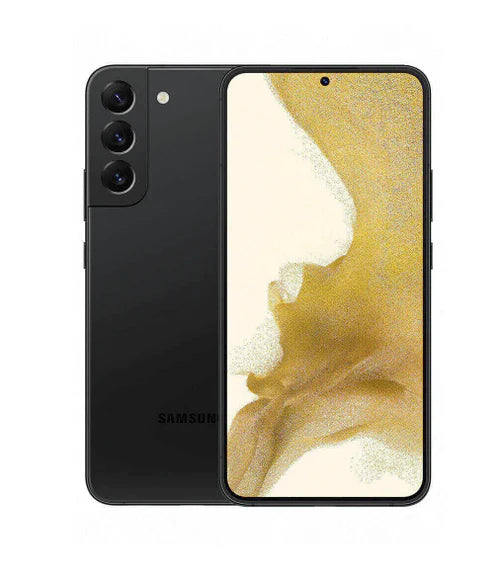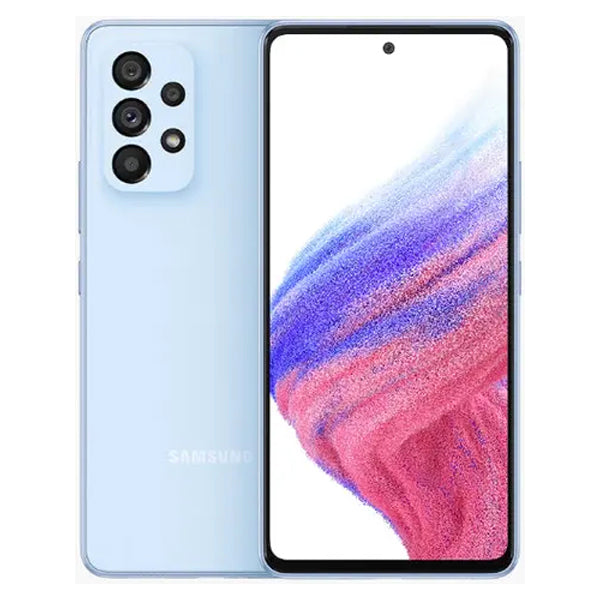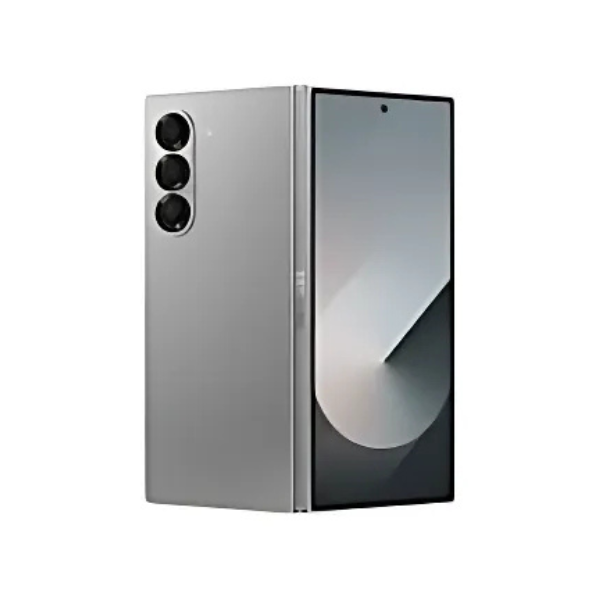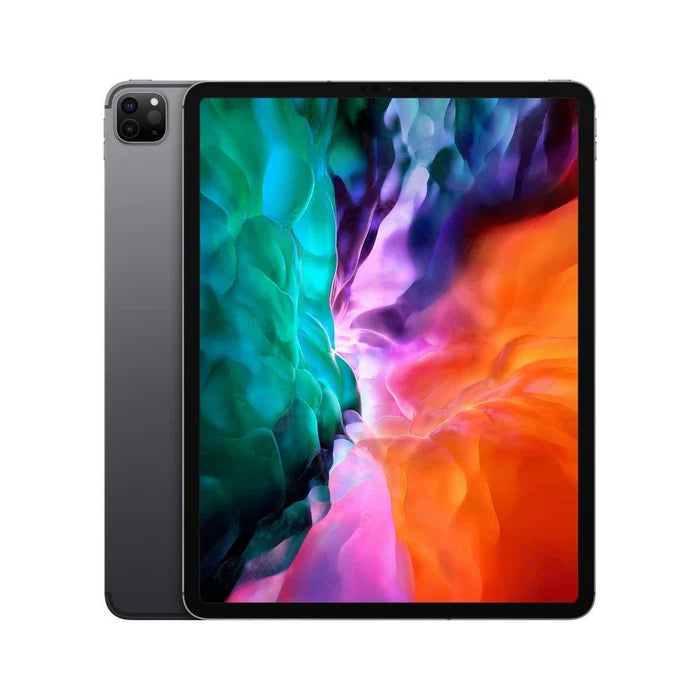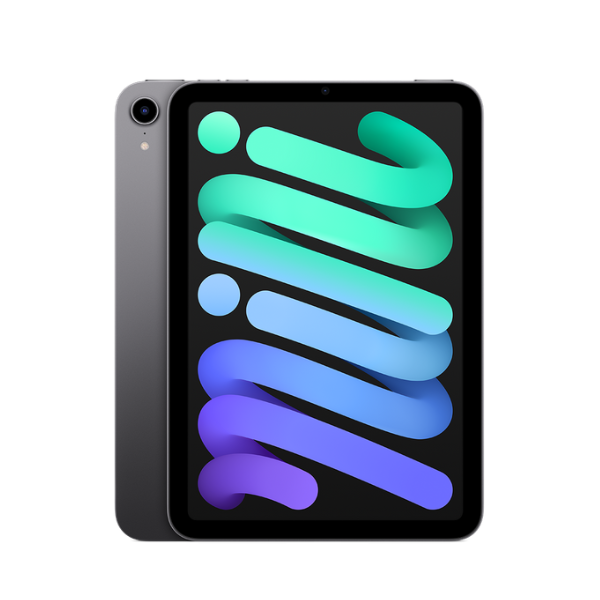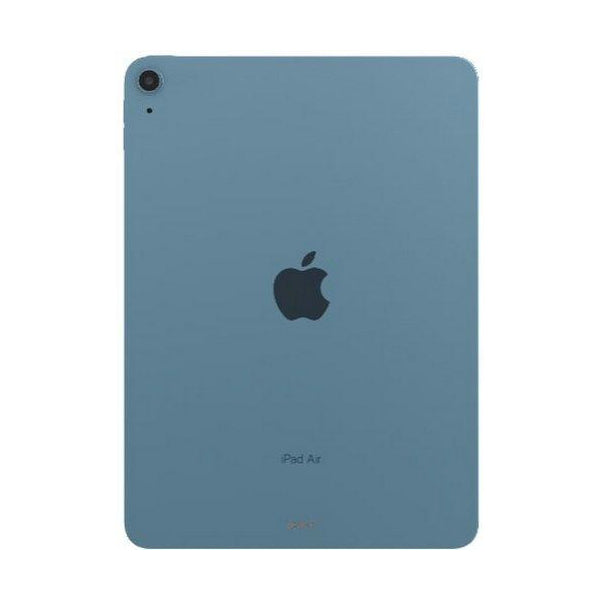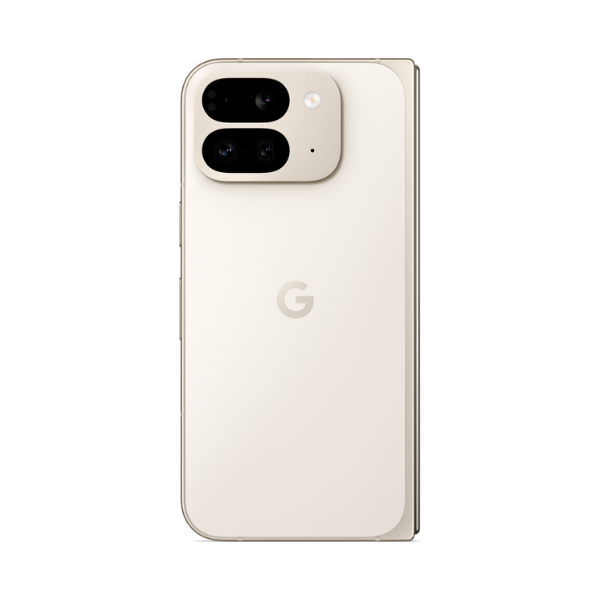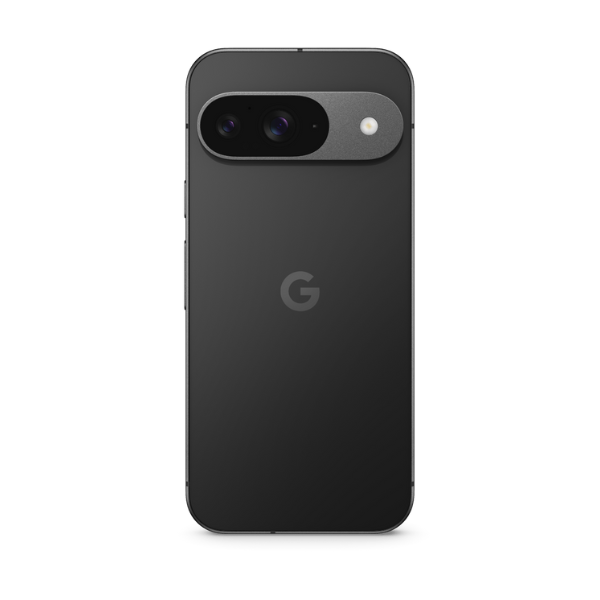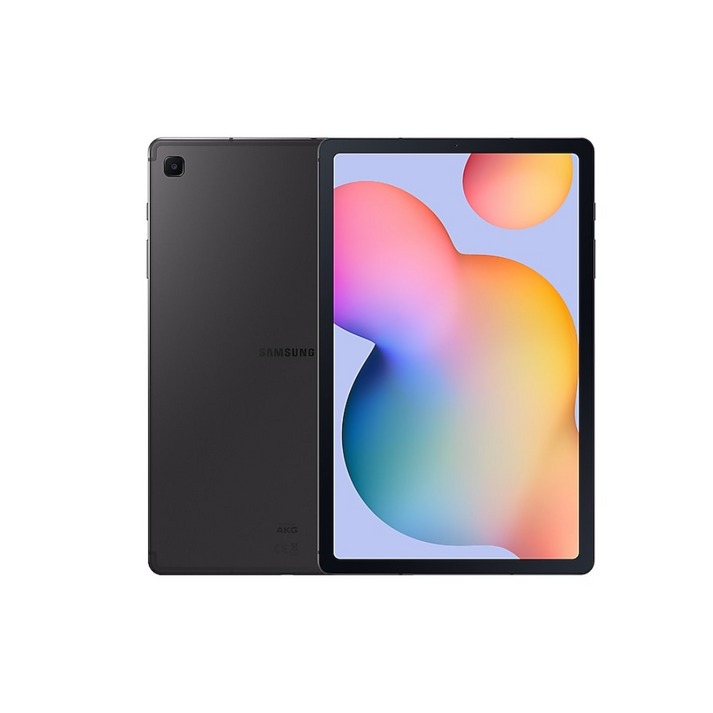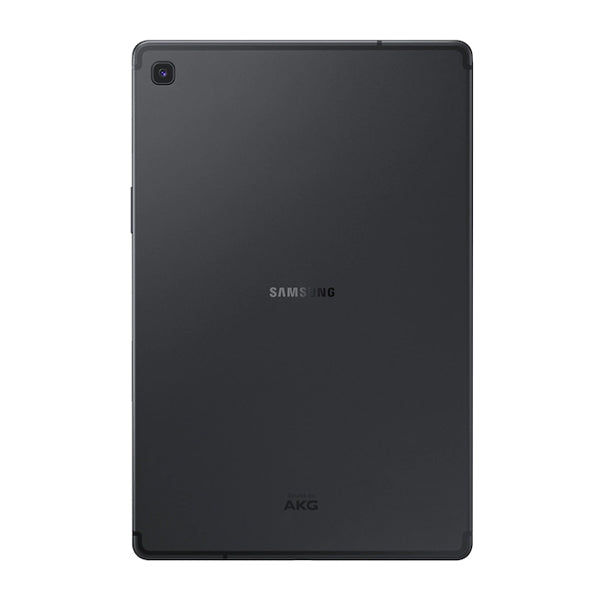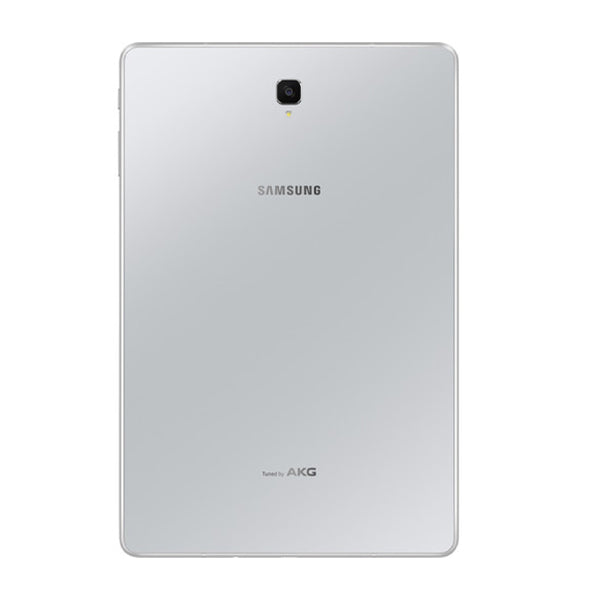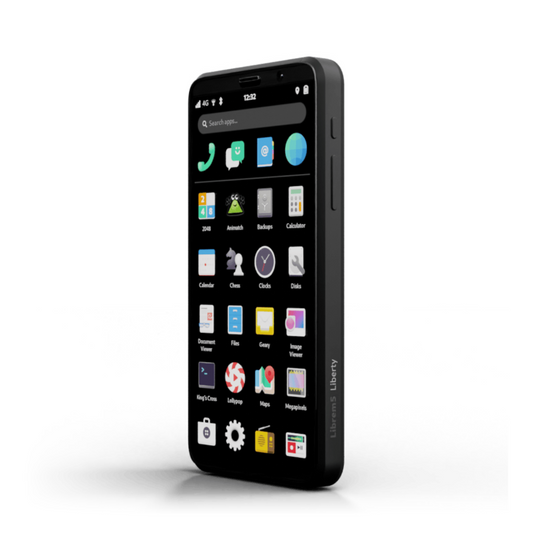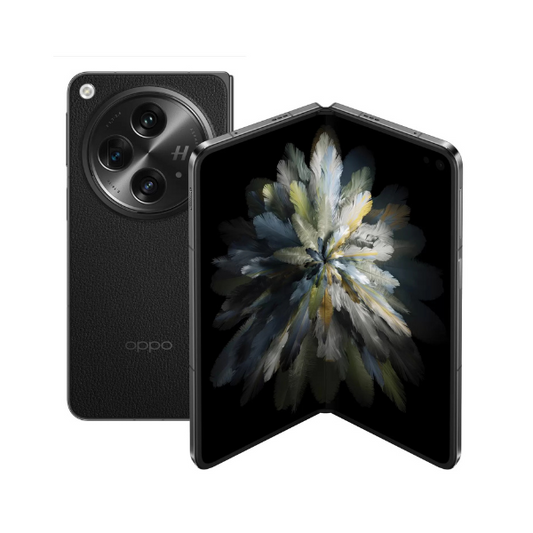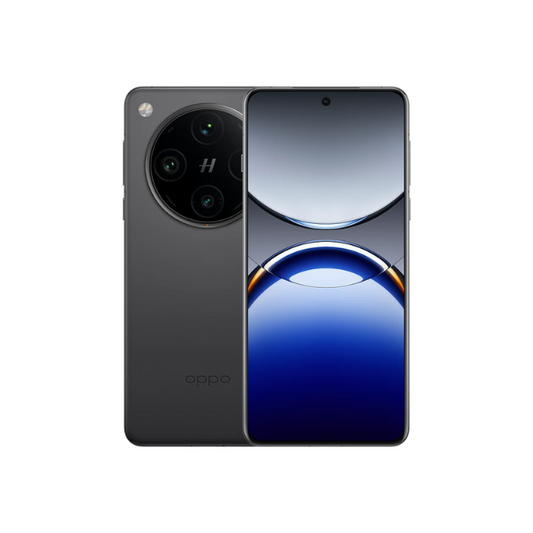Which of the two devices is better: the Pixel 7 Pro or the Pixel 8 Pro? This blog post compares these smartphones' key features and improvements to make the choice more accessible for the consumer. To make it easy to compare, let's look at all the main differences to decide which device is good for you. Typically, the main difference between the Pixel 7 Pro and the Pixel 8 Pro is in the camera system of the Pixel 8 Pro, which enhances low-light photography and boosts zoom capacity.
Overview of Pixel 7 Pro
The Google Pixel 7 Pro is still a fantastic smartphone that was classified as a flagship the previous year. It is slightly older but suitable for those interested in the curved screen.
Advantages:
- Currently more budget-friendly
- The curved screen might improve handling
Disadvantages:
- Limited software support lifespan
- Lacks recent top camera functions
- Processor tends to overheat

Check Out: Best Place to Buy Google Pixel 7 Pro
Overview of Pixel 8 Pro
Google Pixel 8 Pro is superior to the previous model in addressing the Pixel series' main problems for users. That is, it has a 7-year OS update, a new camera system, and a perfect design.
Advantages:
- Flat-screen
- Better camera system
- 7 years of OS updates
Disadvantages:
- Temperature sensors that might not be useful
- $100 more expensive than the previous model at launch

Comparison of the Main Features of Pixel 7 Pro & 8 Pro
|
Feature |
Pixel 7 Pro |
Pixel 8 Pro |
|
Battery Type |
Li-Ion 5000 mAh, non-removable |
LTPO OLED |
|
Chipset |
Google Tensor G2 (5 nm) |
Google Tensor G3 (4 nm) |
|
Brand |
|
|
|
Model |
Pixel 7 Pro |
Pixel 8 Pro |
|
CPU |
Octa-core (2x2.85 GHz Cortex-X1 & 2x2.35 GHz Cortex-A78 & 4x1.80 GHz Cortex-A55) |
Not specified |
|
Primary Camera |
50 MP, f/1.9, 25mm (wide), 48 MP, f/3.5, 120mm (telephoto), 12 MP, f/2.2, 126˚ (ultrawide) |
50 MP, f/1.7, 25mm (wide), 48 MP, f/2.8, 113mm (telephoto), 48 MP, f/2.0, 126˚ (ultrawide) |
|
Display Size |
6.7 inches |
6.7 inches |
|
Display Type |
LTPO AMOLED, 120Hz, HDR10+, 1000 nits (HBM), 1500 nits (peak) |
LTPO OLED, 120Hz, HDR10+, 1600 nits (HBM), 2400 nits (peak) |
|
Display Protection |
Corning Gorilla Glass Victus |
Corning Gorilla Glass Victus 2 |
|
Display Resolution |
1440 x 3120 pixels, 19.5:9 ratio (~512 ppi density) |
1344 x 2992 pixels, 20:9 ratio (~489 ppi density) |
|
Selfie Camera |
10.8 MP, f/2.2, 21mm (ultrawide), 1/3.1", 1.22µm |
10.5 MP, f/2.2, 20mm (ultrawide), 1/3.1", 1.22µm, PDAF |
|
Dimensions |
162.9 x 76.6 x 8.9 mm (6.41 x 3.02 x 0.35 in) |
Not specified |
|
Build |
Glass front (Gorilla Glass Victus), glass back (Gorilla Glass Victus), aluminum frame |
Glass front (Gorilla Glass Victus 2), glass back (Gorilla Glass Victus 2), aluminum frame |
|
Capacity |
Not specified |
128GB 12GB RAM, 256GB 12GB RAM, 512GB 12GB RAM, 1TB 12GB RAM |
|
Video |
4K@30/60fps, 1080p@30/60/120/240fps |
4K@24/30/60fps, 1080p@30/60fps |
1) Design
When comparing the Google Pixel 7 Pro and Pixel 8 Pro, one might not notice many differences at first glance. For the past three years, Google has had a very uniform design. Both phones have a glass and polished aluminum camera bar at the back that seamlessly merges with the frame. Despite sharing many similarities, both models have a large 6. 7-inch full screens with a small prominent circle on the top for the front cameras.
However, something as simple as the emission of details might do the trick. Anyway, some innovations can be seen in the back glass, as the material is now matte and does not leave oil stains. It also feels better in the hand than in the Google Pixel 7 Pro case, contributing to the model's premium feel. This matte surface looks excellent against the bright aluminum frame used at the edge of the laptop. It may still be scratch-prone like the Pixel 7 Pro. Nevertheless, it is considerably lighter than them.

The Pixel 8 Pro also has physically larger camera lenses, which take up more space in the camera bar. Thus, it has a solitary glass housing for the three rear cameras, unlike Pixel 6 Pro, which uses a pill-shaped glass section for the primary and broad cameras with another round hole for the telephoto camera next to it. This design makes the Pixel 7 Pro look playful, which relates to Google's Material You software design.
Check Out: Refurbished Google Pixel vs. Samsung: Comparison Guide
2) Display
The Pixel 8 Pro and Pixel 7 Pro have a 6.7-inch display, but they are quite different in design. The Pixel 7 Pro has slightly curved edges and uneven bezels. At the same time, the Pixel 8 Pro features a flat screen flat screen with even spacing. This makes the Pixel 8 Pro look more premium and eliminates annoying reflections from curved screens.
Curved screens are said to make large phones easier to grip, but the Pixel 7 Pro's curves are less pronounced than the Pixel 6 Pro. I don't notice much difference in handling, though people with smaller hands might feel differently. The Pixel 8 Pro's rounded corners compensate for the less curved sides, but neither phone is ideal for one-handed use for long periods.

Regarding display technology, the Pixel 8 Pro has a slightly lower resolution (1344 x 2992) than the Pixel 7 Pro (1440 x 3120). However, the Pixel 8 Pro boasts higher maximum brightness, reaching up to 2,400 nits at peak and 1,600 nits in HDR, versus the Pixel 7 Pro's 1,000 and 1,500 nits. The Pixel 8 Pro also offers a refresh rate range from 1Hz to 120Hz, improving battery life for static content. At the same time, the Pixel 7 Pro only goes down to 10Hz.
3) Software
The Google Pixel 8 Pro and Pixel 7 Pro run on Android 14, offering a similar core experience. However, the Pixel 8 Pro stands out with a promise of seven Android updates, compared to only three significant updates and five years of security patches for the Pixel 7 Pro. This means the Pixel 8 Pro will stay updated until 2030, while the Pixel 7 Pro will be limited to Android 16 by 2025.
The Pixel 8 Pro also supports more secure biometric face unlock for apps and payments, thanks to advanced machine learning on its Tensor G3 chipset. The Pixel 8 series also offers unique features like AI article summaries and bilingual Gboard dictation, which aren't available on the Pixel 7 Pro.

4) Performance and Hardware
Google's new Tensor G3 chip aims to improve speed and keep the phone cooler. This is much needed since older Pixel models often get too hot, especially in the summer. We need more time to thoroughly test this, but our early review shows the Pixel 8 Pro stays cool during regular use.
It's not as powerful as the Samsung Galaxy S24 Ultra with its Snapdragon 8 Gen 3 chip, but it's better than the Pixel 7 and 7 Pro. However, the Pixel 8 Pro can still get warm during heavy tasks like gaming, using the Magic Editor AI tool, or taking many photos and videos. Overall, it significantly improved over the Pixel 7 Pro regarding heat management.
The Pixel 8 Pro also performs well without overheating. It stays quick and consistent, even during demanding tasks, and keeps apps running in the background. As for other hardware, the Pixel 7 Pro and 8 Pro are similar. Both have 12GB of RAM (though the 8 Pro uses a slightly faster version), UFS3.1 storage (the 8 Pro offers up to 1TB), a Titan M2 security chip, and 5G antennas.

The Pixel 8 Pro upgrades to Wi-Fi 7 and Bluetooth 5.3. You can also unlock secure apps with face unlock on the Pixel 8 Pro. In contrast, on the Pixel 7 Pro, face unlock only works for the lock screen. Google improved face unlock on the 8 Pro using better algorithms and machine learning, though it doesn't work in low light. A unique feature of the Pixel 8 Pro is its thermometer, which can measure temperatures on different surfaces.
5) Cameras
The Pixel 8 Pro has significantly improved its cameras compared to the Pixel 7 Pro. Both phones have a 50MP primary camera, but the Pixel 8 Pro's sensor is more important, allowing it to capture more light. The most significant change is the new 48MP ultrawide camera on the Pixel 8 Pro, a substantial upgrade from the 12MP ultrawide camera on the Pixel 7 Pro. The telephoto camera on the Pixel 8 Pro also now includes optical image stabilization for steadier shots.

This means the Pixel 8 Pro can take better photos overall. Its Night Sight feature works a bit later than the Pixel 7 Pro's but still keeps the image quality high. The new ultrawide lens on the Pixel 8 Pro captures more details than the older one on the Pixel 7 Pro.
Besides the hardware upgrades, the Pixel 8 Pro has new software features, such as Magic Editor for rearranging images, an improved Magic Eraser for removing unwanted parts of photos, and Magic Audio Eraser for cleaning up video sounds. These features will be available in a software update in December.
6) Battery life
One big issue with the Pixel 7 Pro and other Google phones before it was the battery life, which could have been better for a premium phone. Our reviews found that the Pixel 8 Pro has improved in this area. We could regularly get six to seven hours of screen-on time with the Pixel 8 Pro, which is much better than with the Pixel 7 Pro and other Tensor G2 phones. You can easily use the Pixel 8 Pro for a day and a half with regular usage.
Google achieved this improvement without adding a much bigger battery. The Pixel 8 Pro's battery is only 50mAh more than the Pixel 7 Pro's 5,000mAh. The Pixel 8 Pro is faster than the Pixel 7 Pro in terms of charging. It supports 27W charging, five watts more than the Pixel 7 Pro. While this difference is noticeable in everyday use, it could be more evident in the future. Hopefully, Google will offer even better charging speeds next year.

Check Out: Refurbished Google Pixel vs. iPhone: Which One Is Best?
Buying Refurbished Google Pixel Phones from Roobotech
Buying a refurbished Google Pixel phone from Roobotech is an intelligent way to save money. Refurbished phones are pre-owned devices tested, cleaned, and repaired to work like new ones. Roobotech ensures all their refurbished phones meet high standards of quality and performance.
When you buy from Roobotech, you get:
- A fully functional phone at a lower price.
- A phone that looks almost like new.
- A warranty for peace of mind.
Roobotech sells refurbished iPhones, Samsung phones, smartwatches, laptops, tablets, and accessories, including Google Pixel phones. Thus, consider buying refurbished devices from Roobotech to save money without compromising quality.

Which Is The Best Fit?
If you're deciding between the Pixel 7 Pro and the Pixel 8 Pro, we recommend the Pixel 8 Pro. It's better in many ways: no more curved screen, smoother back texture, upgraded cameras, seven years of updates, and better battery life and performance.
However, the Pixel 7 Pro is a great choice if you want to be on a budget. It still has a big screen and telephoto camera. Remember, the Pixel 7 Pro has fewer software updates left—only two more OS updates and four years of security patches.
Frequently Asked Questions
Is the Pixel 8 Pro better than the Pixel 7?
The Pixel 8 Pro has a new Tensor G3 chip, which is better than the Tensor G2 chip in the Pixel 7 Pro. It has more and newer cores and is made with a smaller processing node.
What is the difference between the Pixel 7a Pro and the Pixel 8a Pro?
The Pixel 8a has a larger battery (4,492mAh) than the Pixel 7a (4,385mAh), which means it lasts longer. It also supports faster charging up to 18W and wireless charging.
Why is the Google Pixel 7 Pro better?
The Pixel 7 Pro improves on the Pixel 6 by having a more prominent display, a 120Hz refresh rate, better battery life, more storage options, and an extra camera lens, all while keeping the price low.
What are the disadvantages of the Google Pixel 7 Pro?
The videos in low light can be too dark in Pixel 7 Pro. You may experience some loss of detail and image noise when zooming in close. The faces can be out of focus when using the front camera at a close distance. Moreover, the brightness boost outdoors doesn't last long, making it hard to read.
Which phone is better than the Google Pixel 7 Pro?
The OnePlus 12 performs better with its Snapdragon 8 Gen 3 chip, faster than the Pixel 7 Pro's Tensor G2 chip.
Is the Pixel 7 Pro better than Samsung?
In terms of performance, the Pixel 7 Pro is slower than the Samsung Galaxy S23 Ultra because the Samsung phone has a stronger Snapdragon 8 Gen 2 for Galaxy chipset.



